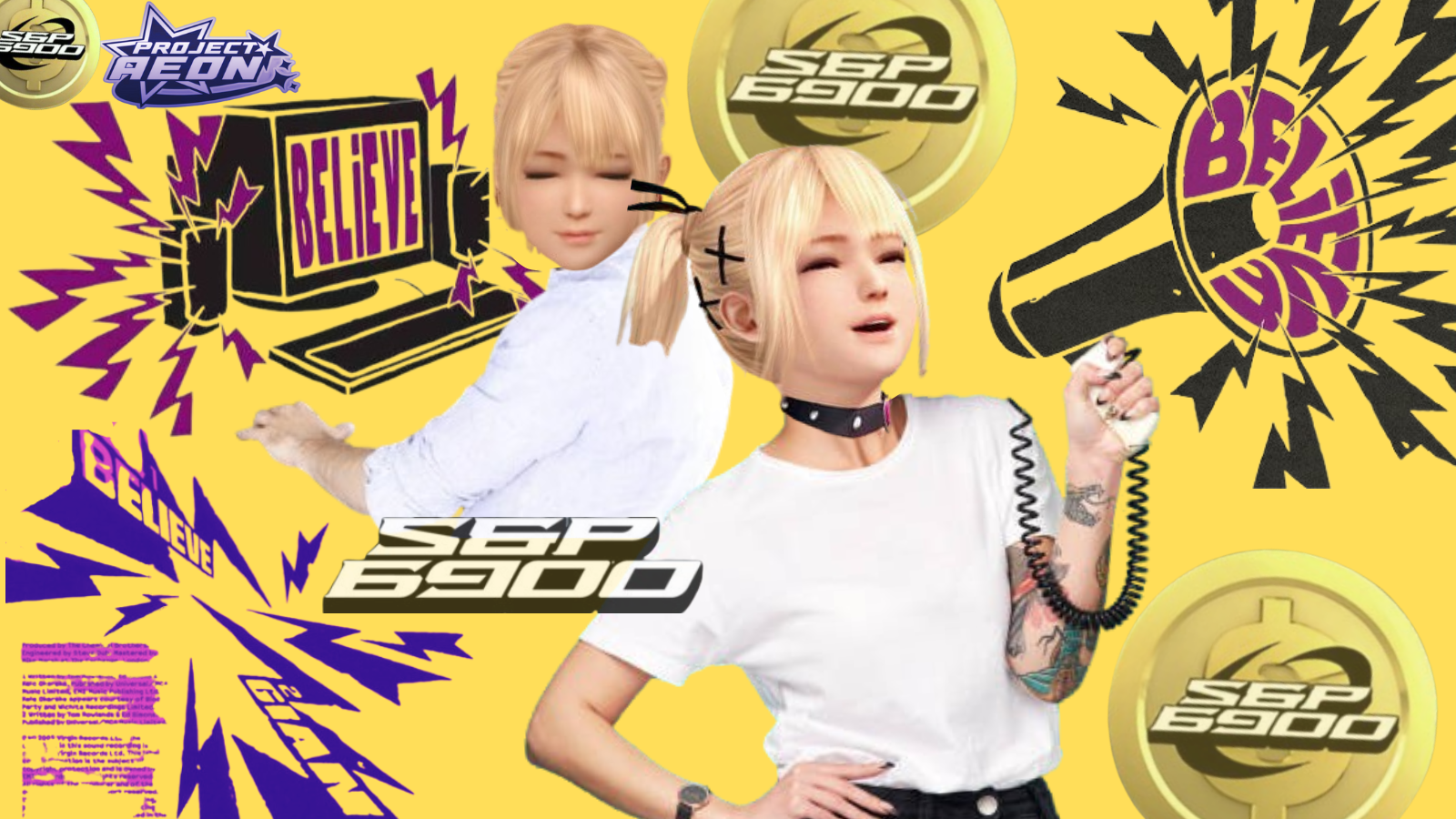The Ethereum network will be able to withstand censorship risks both in the short and long term, according to Ethereum community member and investor, Ryan Berckmans.
The ban of Ethereum-based privacy tool ornado Cash by U.S. authorities earlier this month left many wondering whether Ethereum transactions could be also at risk of censorship, especially after Ethereum’s imminent transition to a proof-of-stake system.
A widespread concern is that entities controlling a large chunk of staked Ether (ETH), such as Coinbase or Kraken, would start censoring transactions to comply with U.S. sanctions. That is an unlikely scenario according to Berckmans, who sees the high centralization of staked ETH as a temporary issue.
With time, the costs of entry to the staking business will be dropping due to the “maturity of open source tools and industry expertise as well as the generally reduced risk profile,” said Berckmans. That will allow more and more players to enter the staking business, thus reducing the dominance of large staking pools.
“The idea that these will be able to somehow sustainably censor user transactions or affect the fork choice in Ethereum, it’s just not a credible idea,” Berckmans pointed out.
Moreover, according to Berckmans, the Tornado Cash ban in the United States was a policy mistake that is unlikely to result in more government sanctions. He said that U.S. policymakers are likely to acknowledge the mistake and take a more favorable approach to Ethereum, which is “inherently aligned with America’s interests.”
“Ethereum is about permissionless innovation, free enterprise, property rights, globalization,”, Berckmans explained.
Check out the full interview on our YouTube channel and don’t forget to subscribe!
Read More: cointelegraph.com









 Bitcoin
Bitcoin  Ethereum
Ethereum  XRP
XRP  Tether
Tether  Solana
Solana  Dogecoin
Dogecoin  USDC
USDC  Cardano
Cardano  Lido Staked Ether
Lido Staked Ether  TRON
TRON  Avalanche
Avalanche  Sui
Sui  Wrapped stETH
Wrapped stETH  Chainlink
Chainlink  Toncoin
Toncoin  Shiba Inu
Shiba Inu  Stellar
Stellar  Wrapped Bitcoin
Wrapped Bitcoin  Polkadot
Polkadot  Hedera
Hedera  WETH
WETH  Bitcoin Cash
Bitcoin Cash  Uniswap
Uniswap  Pepe
Pepe  Litecoin
Litecoin  LEO Token
LEO Token  Hyperliquid
Hyperliquid  Wrapped eETH
Wrapped eETH  NEAR Protocol
NEAR Protocol  Ethena USDe
Ethena USDe  Internet Computer
Internet Computer  USDS
USDS  Aptos
Aptos  Aave
Aave  Mantle
Mantle  Bittensor
Bittensor  Cronos
Cronos  POL (ex-MATIC)
POL (ex-MATIC)  Render
Render  Ethereum Classic
Ethereum Classic  Artificial Superintelligence Alliance
Artificial Superintelligence Alliance  Virtuals Protocol
Virtuals Protocol  Arbitrum
Arbitrum  Ethena
Ethena  MANTRA
MANTRA  WhiteBIT Coin
WhiteBIT Coin  Tokenize Xchange
Tokenize Xchange